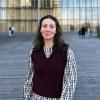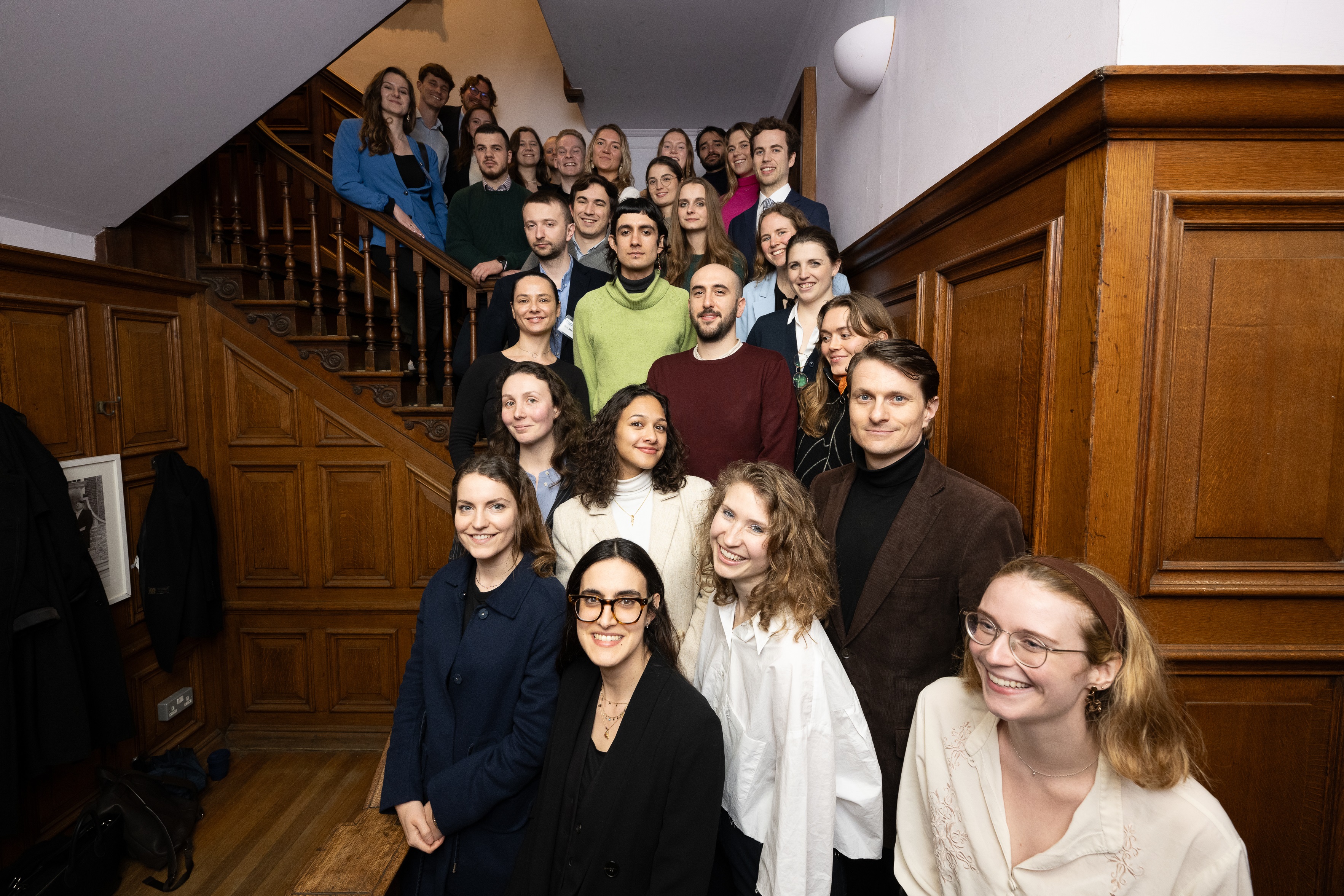As I journey towards London on the bus, the rain has ceased, and the magnolias are nearly in bloom. It is an opportune moment to reflect over these past few days, with their spirited and engaging discussions, and to contemplate what I carry forward from them.
Our journey began in Oxford, where we embarked on the Europaeum Scholars Programme—an enriching initiative meticulously crafted for PhD Students eager to delve into the complexities of European study, research, and leadership. Uncertain of what to expect, I looked forward to a diverse array of perspectives and experiences awaiting us as we immersed ourselves in the study of the European Union. Moreover, the prospect of connecting with fellow doctoral candidates, each with their unique research endeavours, filled me with excitement. Oxford, with its cobblestone streets and storied architecture, proved to be an enchanting backdrop for our scholarly pursuits. Its ancient colleges stood as silent witnesses to our animated discussions, breathing life into our discussions.
From the start, the intensity of our exchanges was palpable—as if time itself were urging us to delve immediately into the heart of the most pressing matters. Discussions on diversity sparked thought-provoking inquiries: How can we ensure that all voices are heard? Whose perspectives remain marginalised? What power dynamics underpin our democratic structures? These questions, permeating our conversations, illuminated the intricate fabric of contemporary European discourse.
Vulnerability was another theme we explored, acknowledging the overwhelming experiences some endure and the lasting impact of trauma on individuals’ lives. A poignant presentation on refugee support highlighted an organisation’s focus on restoring a sense of security to those who have endured upheaval, urging them to reclaim their identities amidst adversity. This human-centred perspective, acknowledging trauma while navigating institutional structures, underscores the importance of advocacy work.
Our assumptions and thought processes were challenged by various interventions. Internationally, we were reminded that in 2024, economic interdependence no longer guarantees peace—the tragic re-invasion of Ukraine by Russia serving as a stark example to this fact. Another person flipped the typical questions we ask about individuals experiencing homelessness or unemployment: rather than questioning what they did wrong, how did they end up there, we can ask how they managed to survive, despite their experiences, difficulties, and traumas.
The discussions following a presentation struck a chord with me. We were prompted to consider our connection to future generations, drawing inspiration from indigenous groups who consider the impact of their actions on the seventh generation to come. Yet, in a world wrought with suffering, where entire regions are deprived of basic necessities, how do we foster intergenerational solidarity? Can this be achieved without sacrificing solidarity among individuals today? How do we advocate for long-term policies in democratic systems that often prioritise short-term gains? What does it mean to be a good leader?
As our time together draws to a close, we gather for one final dinner before parting ways. A reflection on the world’s history since the end of World War II prompts us to acknowledge the initial optimism for progress, contrasted sharply by the escalating inequalities and ecological and democratic crises we face today. “You carry great responsibilities,” we are reminded. We will reconvene in June in Brussels. It seems both distant and imminent…




